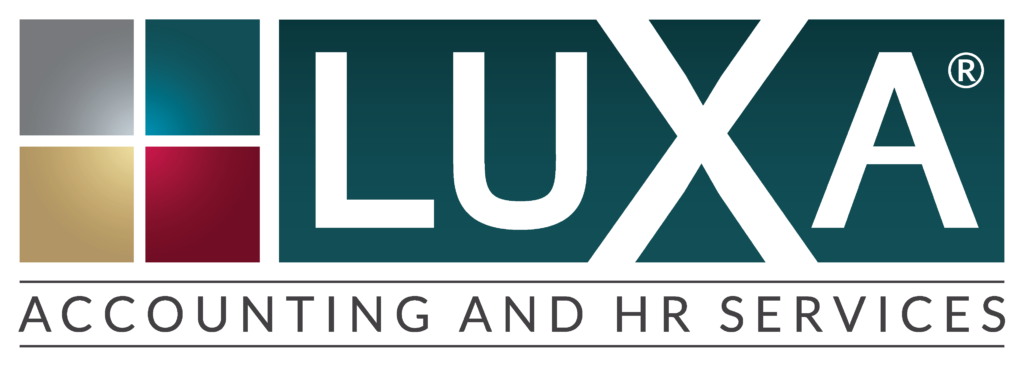Bookkeeping tips on how long to keep receipts
Many business owners ask how long they should hold on to their business records. The easiest answer is seven years. Because the IRS can audit your records for up to six years after you file a tax return, a generally accepted time to retain supporting documentation has become seven years.
However, there are documents that need to be kept permanently. It is a good idea to include in your bookkeeping tasks a remidner to keep a copy of all your tax returns, keeping copies of each year’s financial statements for posterity. A good rule of thumb is to keep all documents related to employee savings plans indefinitely.
For documents that are related to business assets, such as autos, machinery or real property, retain records for seven years after you have disposed of the asset. Similar to asset records, human resources and payroll records should be retained for at least seven years after an employee has terminated.
The 7 Year Rule
For all other documentation that you may accumulate, use the seven year rule. Credit card statements, vendor invoices, customer invoices, expense reports, check copies; all these documents should be retained for at least seven years.
Remember that you don’t have to keep the original paper documents. Scan documents with a good quality document scanner and keep them electronically organized and don’t forget to back up your stored documents, preferably keeping the backups offsite. When you destroy the originals be sure to use a good cross-cut shredder to protect you and your client’s privacy.
Implement a document policy
Also, it is a good idea to have a written document retention policy that spells out what documents will be retained and for how long. Designate one person in your organization as the document retention specialist and make sure they are familiar with the policy.
Certain situations may arise that will require you to hold on to documents even longer. Loss, injury, enforcement actions and litigation documentation should be held until the situation has been resolved, and possibly even longer. You should consult your attorney if you are unsure what documents should be retained and for how long.
Small business bookkeeping expense tracking plays a big role in every business. Good business record management will help you in tracking your small business expenses. Be aware to save your documents permanently, remember the 7 year rule, and implement a document policy. Don’t let your books get out of hand. If you find yourself worried about your books organization reach out to a specialist for help. To get more helpful bookkeeping advice visit our blog where we discuss this and more on Tulsa bookkeeping.



